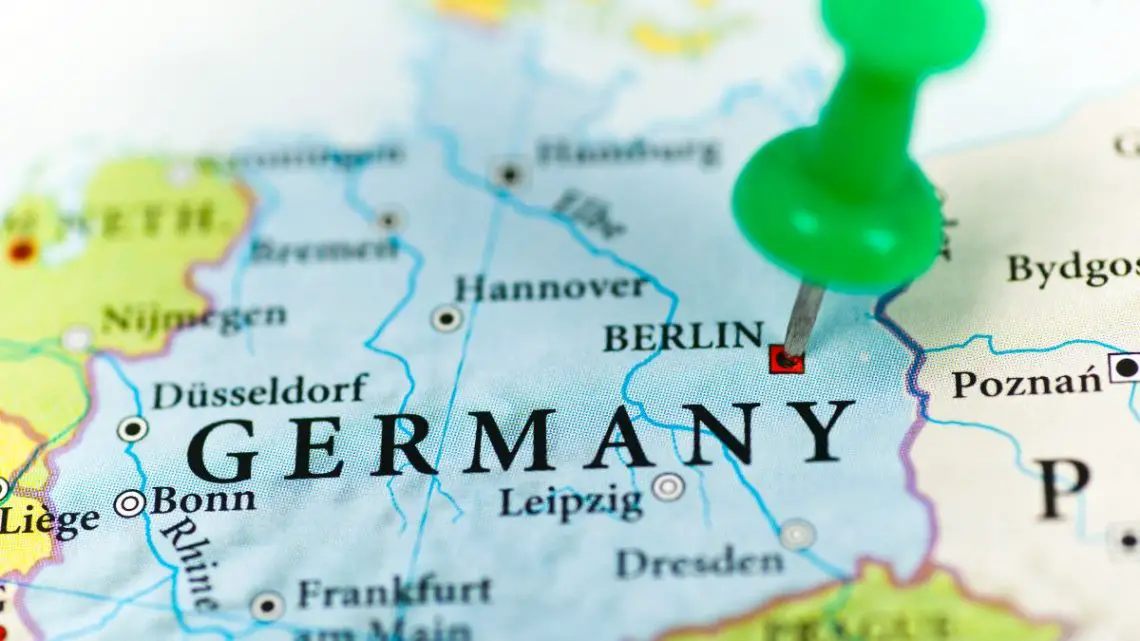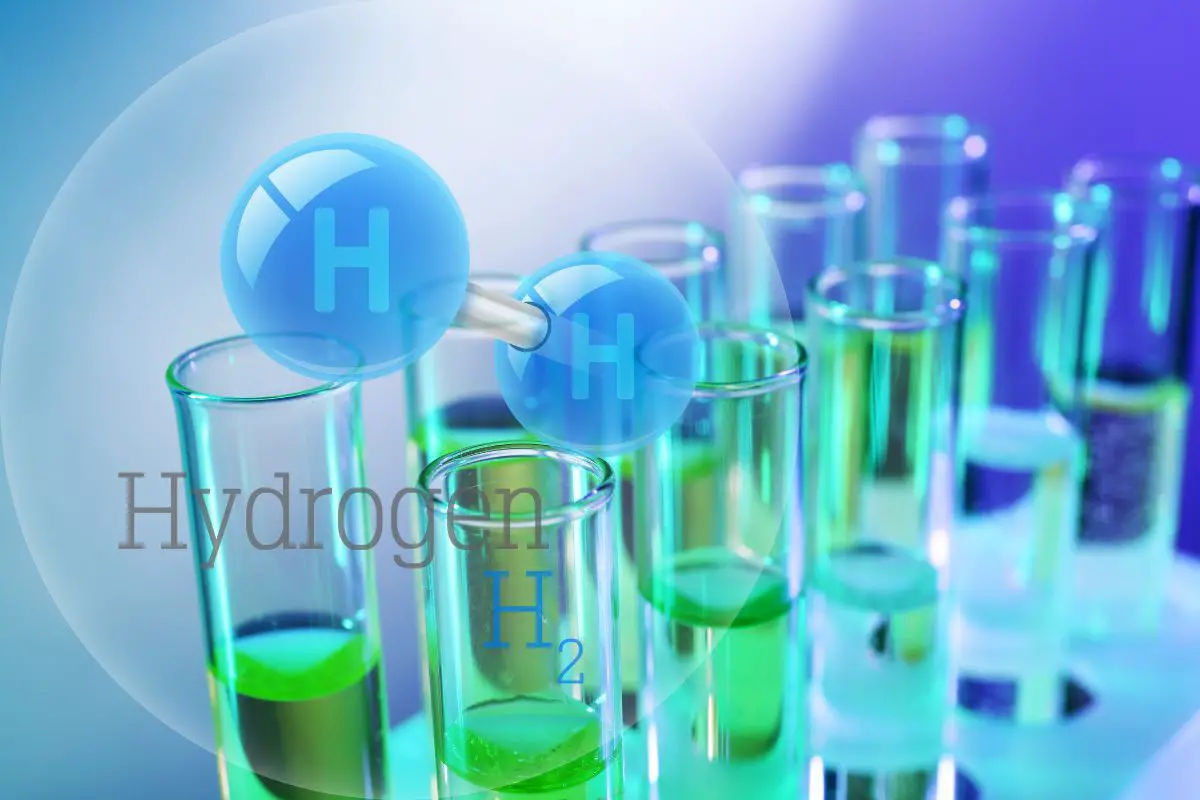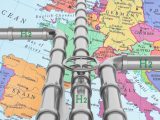
BP considering German hydrogen hub
January 26, 2023The energy giant is evaluating the feasibility of establishing an H2 project in Wilhelmshaven, Germany.
Bp has announced its intention to conduct an evaluation of the feasibility of the construction of a hydrogen hub in Wilhelmshaven, Germany.
The plan for the project would involve a green ammonia cracker that would produce at an industrial scale.
Bp’s intention for the German hydrogen hub would involve achieving industry leadership with an ammonia cracker that would produce as much as 130,000 tons of low-carbon H2 from green ammonia annually, starting in 2028.

Green ammonia is produced through the combination of nitrogen with H2 produced using electrolysis powered by renewable electricity such as wind or solar. An ammonia cracker splits the larger molecule from green ammonia into the smaller nitrogen and green H2 components, each of which can then be used directly.
The company expects that the 130,000 tons of H2 produced at the hub would only be a jumping off point for the hydrogen hub, for which it sees scope for greater expansion along with the market’s demand for clean fuels.
Bp has been investing into hydrogen hubs and clean H2 production as a part of its decarbonization.
“At bp we have the expertise and capacity to cover the entire value chain of green hydrogen production, including conversion into derivates like ammonia, transport, and then reconversion to supply green hydrogen to the customers and places who need it,” said bp chief executive of Europa SE Patrick Wendeler. “This development would help create greater energy independence for our German customers across a range of low carbon energy products. Wilhelmshaven has a proud energy history, and we hope this hydrogen hub can help carve out its next chapter and help Germany meet its energy transition goals.”
The company’s intentions for the project involve putting existing Nord-West Oelleitung (NWO) terminal infrastructure into use at Wilhelmshaven. Bp is a participating shareholder at that terminal. This, in combination with the Wilhelmshaven deep-water harbor and pipeline system make the terminal one of the most important energy locations in the country, meaning that it could also become a powerful hydrogen hub with potential for a relatively smooth transition.
The hydrogen hub might also be able to use current oil and gas pipelines to transport H2.
As a part of bp’s investigation into the viability of the project, it also intends to examine the potential for using existing oil and gas pipelines at the hydrogen hub for transporting H2. This would make it possible to send the low-carbon H2 to Ruhr region customers and those in other centers of demand.
“The development of this import facility complements bp’s global hydrogen project portfolio, as we develop a presence in a number of potential hydrogen and ammonia export locations in the Middle East, Africa and Australia, which could supply part of the European demand in the coming years,” said bp senior vice president of hydrogen and CSS Felipe Arbelaez. “This is another critical step in developing and delivering low carbon hydrogen in communities throughout the world.”
“In order to remain competitive and resilient as an industrial location in the long term, we must ensure an affordable, climate-neutral and secure energy supply,” added Lower Saxony Minister for the Environment Christian Meyer. “To do this, it is important that we diversify our supply sources and create fewer dependencies. bp’s proposed new hydrogen centre in Wilhelmshaven can play an important role in this. At the same time, it further advances the energy transition in Germany and strengthens Wilhelmshaven as an important hub for the import of renewable, green energy. We urgently need the new ‘Lower Saxony speed’ on the path to climate neutrality because we have no more time to lose in protecting the climate.”
The proposed hydrogen hub project is only the latest in a number of H2-focused proposals bp has made in Germany recently.



 With over 15 years of reporting hydrogen news, we are your premier source for the latest updates and insights in hydrogen and renewable energy.
With over 15 years of reporting hydrogen news, we are your premier source for the latest updates and insights in hydrogen and renewable energy.
Well Done BP! This facility will complement the transition to a hydrogen economy and help to safely transport hydrogen. Another great project at this site would be to build a sodium-sulfur battery plant that could perform two functions, produce hydrogen by electrolysis and collect seawater minerals to produce sea water sodium-sulfur batteries for all of the EU. Sodium-sulfur batteries will quickly replace lithium batteries currently used in EVs and for grid scale battery storage in the near future to help with a hydrogen energy transformation for all of the EU and Germany. These minerals could be sold to Telsa to help them with a transition away from using lithium to producing Sodium-Sulfur batteries, now a better product.
Energy carrier in future